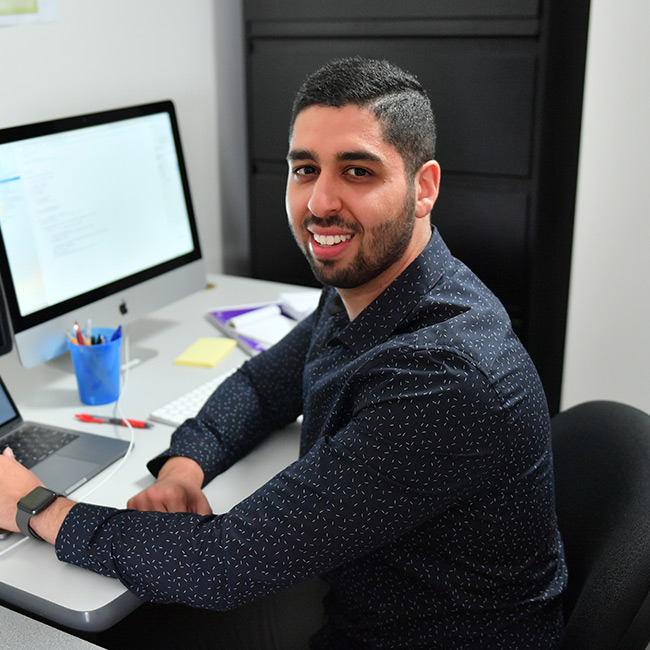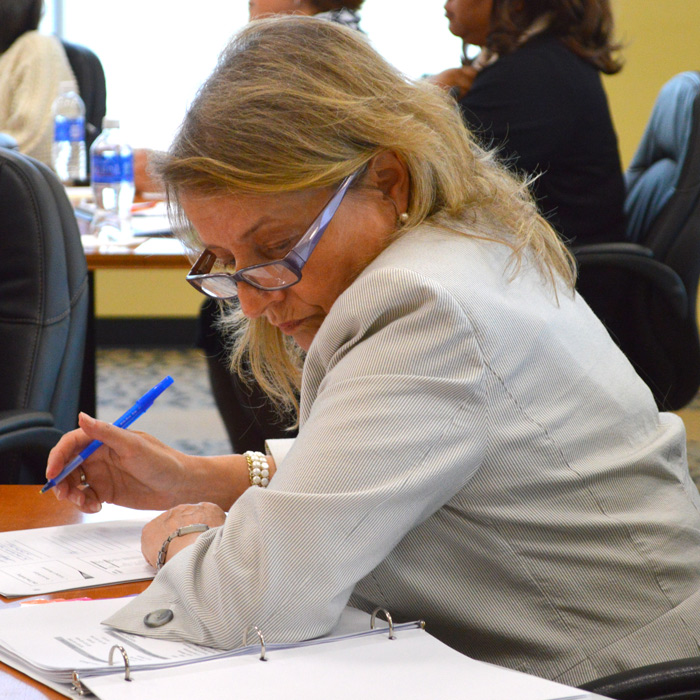Vision of Academic Affairs
To be a highly flexible organization that emphasizes collaboration and creativity
in its provision of leadership, vision and resources for both the effective day-to-day
support of the University’s academic units and the attainment of the University’s
academic goals. The Provost and Executive Vice President for Academic Affairs and
deans lead the implementation of this vision by investing its resources in five distinct initiatives
and programs.

Faculty Leadership and Excellence at Towson
Faculty leadership and professional development opportunities like the Faculty Center
of Academic Excellence at Towson enhance cross-campus collaborations and our ability
to serve students.
Continue Reading

Task Forces
Cross-divisional task forces identify best practices and strategic approaches in support of Towson University's
institutional priorities.
Continue Reading

Faculty Recognition
Our faculty are an important and vital part of all we do. We take great pride in recognizing
their achievements.
Continue Reading
With a steadfast commitment to academic freedom, freedom of expression, and respect
for intellectual property rights, the university continues to serve as an engine for
innovation and creative work.
Middle States Self-Study 2021 (PDF)
Core Values
Towson University's academic community is a special one in which friendliness, caring
and nurturing are much more than hollow words. In addition to the preservation of
these important characteristics, the university's core academic values are:
- Intellectual depth and integrity
- Creativity in teaching, learning and discovery that leads to individual and collective
transformation
- Collaboration across disciplines
- High standards in personal and unit performance
- Commitment to a diverse and multicultural community
- Civic responsibility and engagement
Every decision made, no matter how small or large, will address the question: Does
this adhere to and contribute to Towson University's core academic values?
Academic Strategic Plan (PDF)



